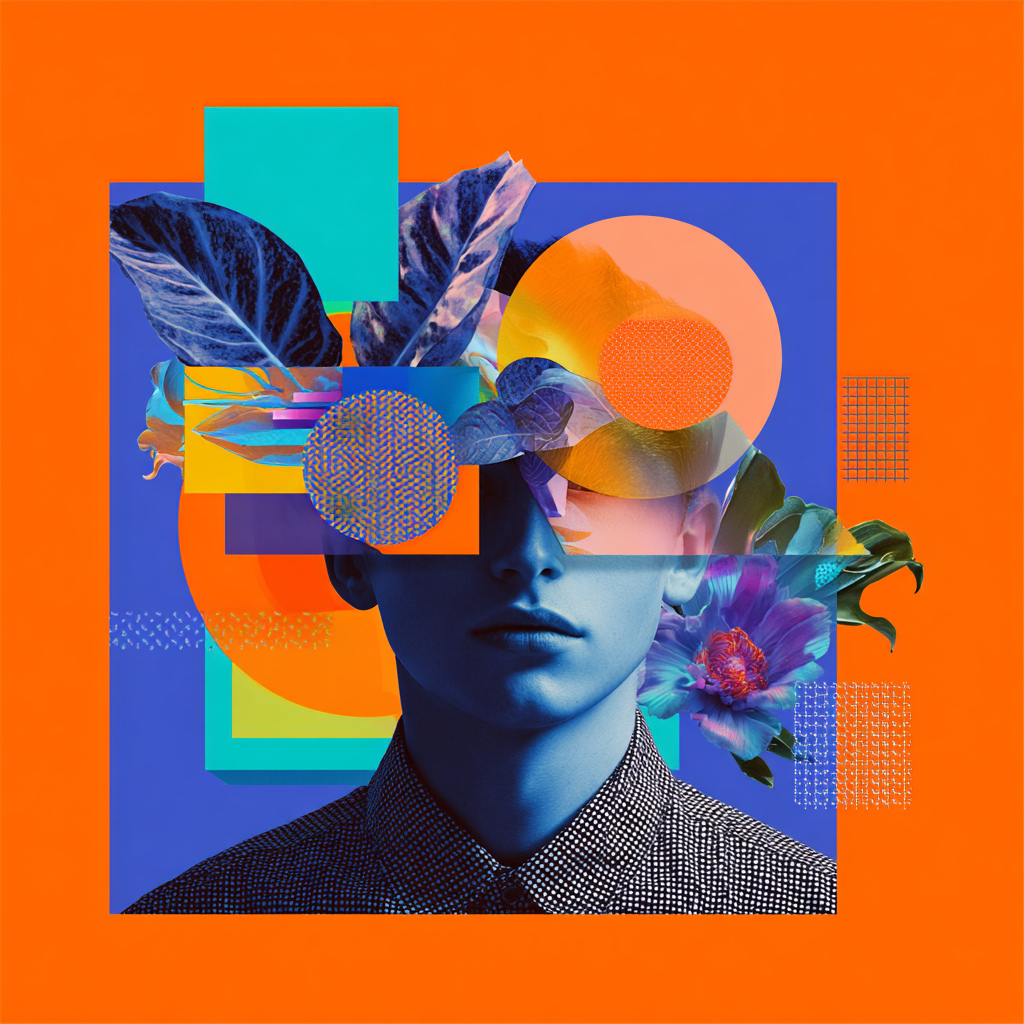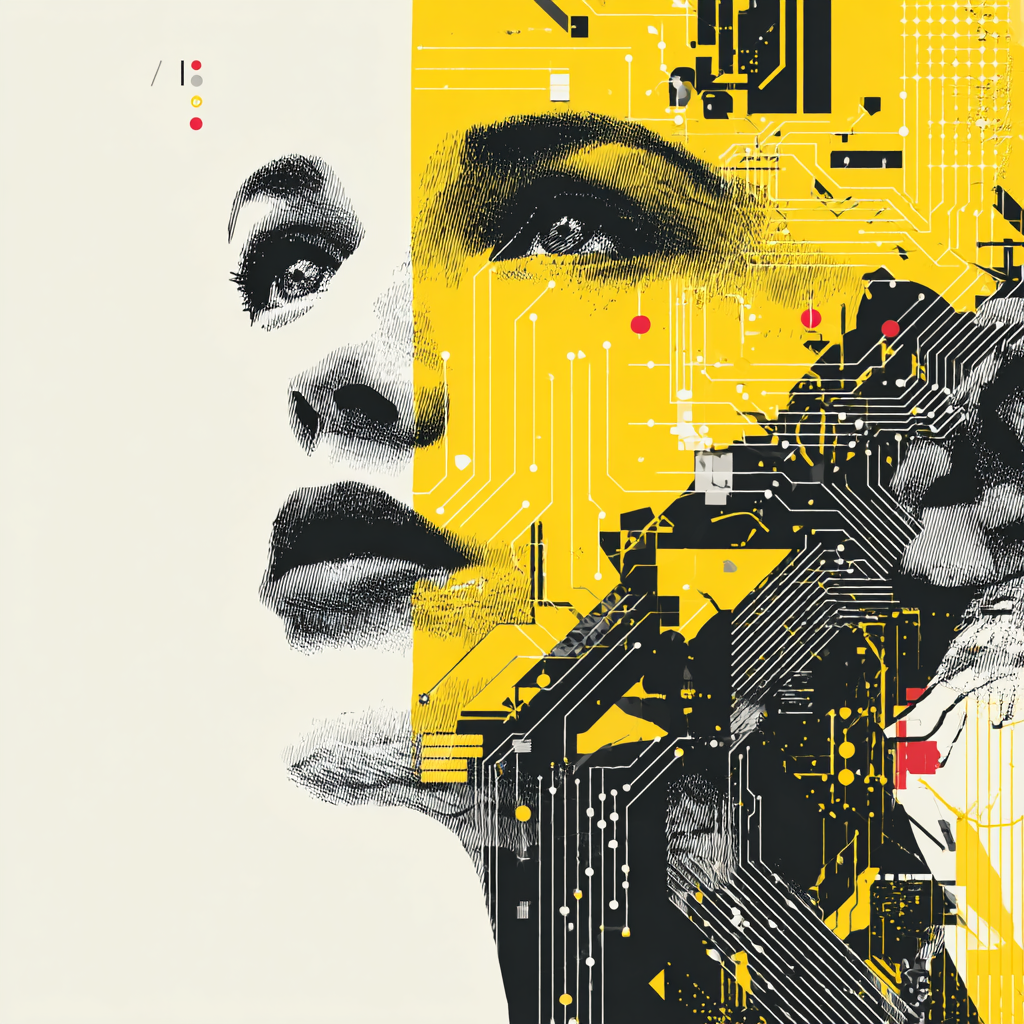Forging the future: How AI and human creativity are redefining brand design
In today’s fast-evolving landscape of branding and graphic design, AI is becoming less a novelty and more a necessary creative ally. As designers and strategists, our role is shifting, moving away from execution toward orchestration, narrative, and creative direction. Let’s explore how AI is enriching this evolution.
From creator to curator: The designer’s new role
Jon Friedman, Microsoft’s Corporate Vice President of Design, describes a pivotal shift in designers’ work:
Similarly, models show AI is most impactful during early stages - research, ideation, and concept generation. Here, AI accelerates creative thinking, acts as a springboard for ideas, and preserves human vision at the helm.
Efficiency unleashes imagination
AI is no longer reserved for automating mundane tasks, it’s reshaping how we work:
Creative co-pilots like Adobe Sensei streamline design workflows while preserving strategic oversight.
A recent TechRadar article discussing “vibe marketing” notes that AI eliminates traditional executional barriers, allowing creative instincts to flourish at the speed of thought.
This shift empowers brands to prototyping faster, experimenting more, and shifting the bar toward refined taste and narrative.
Branding’s emotional renaissance through AI
Olof Schybergson of Fjord / Accenture Song warns against the “mundane sea of sameness” in brand design. He argues that AI, when guided by human-centred vision can add joy, personality, and emotional resonance to branding, transcending functional aesthetics.
This is echoed by trends showing AI’s role in custom typography, avatars, and immersive identity systems, helping brands forge deeper emotional connections.
Research insights: Designing with responsibility
Emerging academic findings reaffirm what many designers sense intuitively:
AI enhances ideation A study called CreativeConnect reveals that generative AI helps designers both discover new keywords and mix references creatively, boosting idea generation.
Co-design frameworks Research on nonlinear collaboration highlights that designers begin to see AI agents as “opinionated colleagues,” catalyzing richer, reflective design conversations.
Divergent thinking support In UI/UX design, AI aids in research, concept generation, prototype exploration, freeing designers to push boundaries.
Taken together, these findings signal that AI is enabling designers to think, not just do, but ethical and creative stewardship remains essential.
The future of branding: A hybrid future
AI is augmenting human creativity, not displacing it. The future belongs to designers who can:
Lead strategy, emotion, and narrative, while letting AI handle iteration and execution.
Curate AI-generated visuals, rather than relying on them blindly.
Embed ethical consideration authenticity, inclusion, ownership, into AI’s creative partnership.
Conclusion: AI +human creativity = Better design
AI is transforming branding and graphic design, but not by stealing the creative soul. Instead, it’s providing speed, scale, spark when wielded thoughtfully. The human designer’s role is evolving into that of cultural curator, emotional storyteller, and strategic visionary. When these strengths marry AI’s capabilities, the result is design that is faster, richer, and more human than ever before.
Next Steps
Ready to explore branding for your business? Dive into strategies for digital growth by exploring our comprehensive resources. Or take a look at our AI page to see how AI-powered marketing solutions can transform your engagement from mere likes to successful sales.




